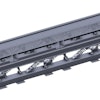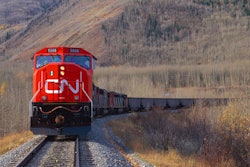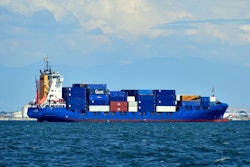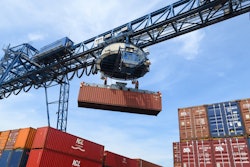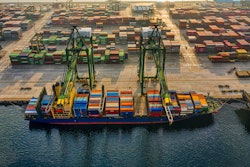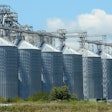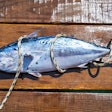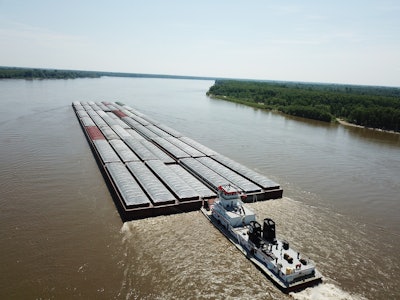
On July 28, the U.S. Senate passed theWaterways Resources Development Act (WRDA) of 2022, which includes provisions for modernizing ports and harbors, inland waterway navigation, flood and storm protection and other water resources infrastructure throughout the U.S.
Congress has regularly approved WRDA legislation every two years since 2014 to authorize water resources infrastructure projects carried out by the United States Army Corps of Engineers (Corps).
With the nation continuing to deal with theimpacts of a supply chain crisis, there is an urgent need to move forward projects and policies that strengthen this vital component of the transportation network.
This year’s WRDA,H.R. 7776, focuses on projects that are locally-driven but have regional and national benefits, rather than on significant national policy changes.
“Effective and reliable ports, inland waterways, and flood protection infrastructure helps keep our nation’s economy moving, and with our current supply chain crisis, supporting water infrastructure is more critical than ever,” said Transportation and Infrastructure Committee Republican leader Sam Graves (R-MO).
Bill features cost-share change
Building on the progress of WRDA 2020, Section 103 of the Senate’s WRDA 2022 amends the cost-share for inland waterway projects to 75% general Treasury funds and 25% from the Inland Waterways Trust Fund.
“This permanent cost-share change would expedite the modernization of U.S. inland waterways and bolster the ability of NGFA members to fulfill their role in the agricultural value chain to serve American farmers and domestic and global customers,”National Grain and Feed AssociationPresident and CEO Mike Seyfert said.
House and Senate lawmakers must conference and pass WRDA 2022 before it can be signed into law.
NGFA also emphasized that a final WRDA bill should maintain navigational access to the lower Snake River dams (LSRDs).
“A final WRDA 2022 should neither authorize nor pave the way for the breach or removal of dams in theColumbia-Snake River System, which is the third largest grain export corridor in the world and is crucial to American agriculture’s global competitiveness,” Seyfert said.




